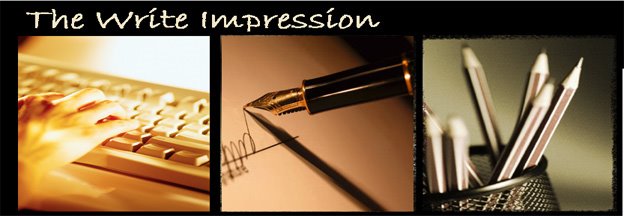Here is what I am thinking about.
I don’t know how it happened. Somehow, in an unexplained turn of events, my husband has secured the role of bedtime book reader. This was once a role I cherished. My oldest boy was a brilliant reader and an avid book lover, and I was secretly proud, if not self-righteous, with the knowledge that I was responsible for his outstanding abilities.

I felt this way because, even before he was born, I was reading to him. No matter what material I was reading, I shared it aloud with him. Newspapers, school books, term papers—nothing was off limits.
As he grew older, we took trips to the library together. We never left the building with less than 30 books in tow. A few days later, having read all of our books multiple times, we returned for more. His personal book collection grew as well.
I never forced him to read. I simply shared my enthusiasm for books, and exposed him to as many as I could. Reading time was bonding time, and any time was reading time.
Flash forward 8 years.
I am no longer sanctimonious. I have learned, thanks to my youngest boy, a love for reading belongs only to those who love to read. Though my intentions were the same, and I read to him as often, he has not learned to love books like my oldest. I shared the same material, I filled his room with books, but when the time came to actually sit down and read, he was more interested in jumping on my head, turning pages, and talking over my words. His need for attention surpassed his need for the written word.
I guess that is why my husband won his role. His patience was greater than mine.
Recently, however, I decided to try something new—Storytelling. I must admit, it isn’t easy. I have never been an excellent public speaker. Coming up with off-the-cuff stories isn’t quite my forte either. But, the good news is, I have a large collection of children’s books to draw from. I have read and reread so many children’s stories, that I can almost verbalize them verbatim. I think I will call my stories Mommy’s Audio Books (MABs).
In recent weeks, I have discovered that MABs are big sellers in our home. Through them, my little one gets the one-on-one, face time attention that he craves. He is happy to sit still for an MAB, and I don’t have to try to find my place after an interruption.
I am confident that storytelling is helping my son to learn, and instilling in him a love of learning. I hope one day that he will be a great storyteller too. Sequencing, problem-solving, a strong vocabulary, and self-confidence, are just a few of the benefits he will gain. Storytelling is helping me to learn as well. I am able to discover my voice, connect with my listener, and get feedback.
So, I agree with Yana, “There is nothing wrong with listening to a story now and then.” And, there is nothing wrong with telling one either.
Hayley
PS – On my most creative nights, I can come up with some pretty remarkable stories. Perhaps one day, I will turn them into books.













